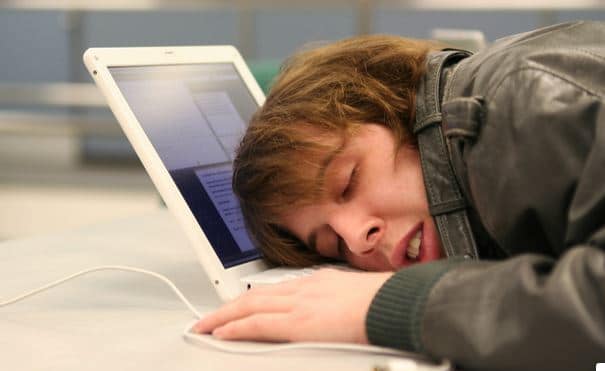A recent study suggests there may be a link between hearing loss and sleeping more than 8 hours per day. Using a questionnaire, researchers investigated the association between subclinical sensorineural hearing loss and self-reported restorative sleep.
The study, published on March 27 in the open access BMC Journal, gathered data from 33,888 Japanese, aged 40–69 years without obvious or diagnosed hearing loss.
Sleeping More Than 8 Hours Tied to Hearing Loss
Kei Nakajima of Kanagawa University of Human Services, Yokosuka, Japan and colleagues found the proportion of individuals who slept more than 8 hours per day were more likely to have high frequency hearing loss. That finding remained significant even after full adjustment for confounding factors, including age, sex, smoking, alcohol consumption, current pharmacotherapy, and past history of cardiovascular disease and stroke.
These findings, according to the researchers, indicate that early hearing impairment may be associated with longer sleep duration through the etiology of cognitive impairment and dementia. Another plausible explanation for this linkage between high frequency hearing loss and longer sleep duration might be age-related insomnia.
The present study extends the earlier work of Nakajima and colleagues by revealing an unexpected association between early hearing impairment and satisfactory sleep in a middle-aged and elderly population. This association requires further confirmation regarding the possible underlying mechanism and clinical relevance.
*featured image courtesy flckr








…”Another plausible explanation for this linkage between high frequency hearing loss and longer sleep duration might be age-related insomnia….” My age and the demands of maintaining a highly successful, full-time dispensing practice are contributing factors to a predilection for more than 8 hours of sleep when possible, My binaurally, IIC-aided steep high frequency hearing loss, due to childhood skull trauma exacerbated by aging, prevents me from hearing the riotous, pre-dawn chirping of birds in mating season that rouse my wife at 4:30 AM through closed windows. The study’s conclusions, as summarized, seem rife with “post hoc ergo propter hoc” interpretive errors.